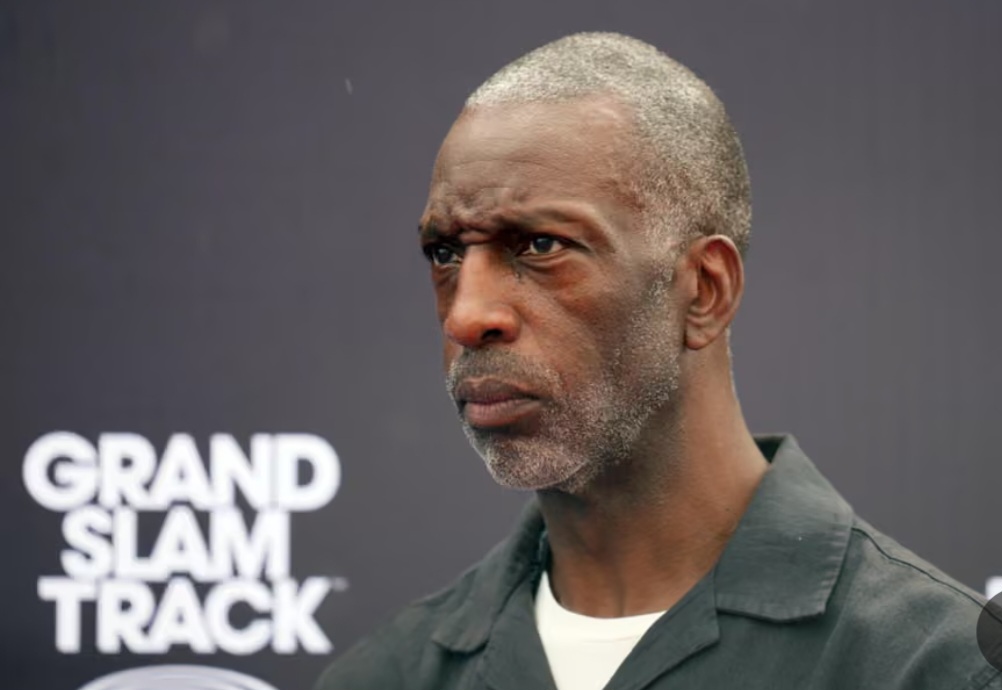
Michael Johnson’s Grand Slam Track Faces Collapse: 2026 Season on Hold as Millions in Prize Money Remain Unpaid
Michael Johnson, the legendary four-time Olympic sprint champion and founder of the Grand Slam Track circuit, has revealed that the highly anticipated athletic competition will not move forward until its financial obligations are settled. The innovative track series, which debuted in 2025, aimed to disrupt the established hierarchy of track and field events by offering athletes a high-paying alternative to the traditional Diamond League.
With a bold vision, Grand Slam Track promised hefty financial incentives, including appearance fees and race winnings that could reach up to $100,000 for each event winner. The circuit attracted some of the biggest names in the sport, such as British Olympic sprinters Daryll Neita and Matthew Hudson-Smith, and Josh Kerr, the reigning 1500m world champion. The initiative quickly gained traction, positioning itself as an exciting new chapter for elite sprinting and middle-distance racing.
However, the inaugural season’s ambitious goals faced substantial challenges. Despite early excitement, the circuit struggled to meet its financial commitments, with millions in unpaid prize money and appearance fees for athletes. Costs mounted, and the situation grew increasingly untenable, leading to the cancellation of the season finale in Los Angeles. Organizers failed to secure the necessary investment to close out the event, prompting Johnson to make the difficult decision to halt the circuit’s progress for the time being. He cited the need to focus on stabilizing the company before moving forward.
Johnson admitted that the reality of the situation was deeply disappointing. In a heartfelt statement, he expressed his frustration and regret over not being able to live up to the promises made to athletes. He acknowledged that despite his long history of overcoming setbacks, this was one of the toughest challenges he had faced in his career. The founder emphasized that no further events would take place until all debts were cleared, making the repayment of owed prize money and appearance fees his top priority.
While the Grand Slam Track’s vision of revolutionizing the sport remains intact, the road to recovery will require careful financial restructuring. With the 2026 season now in jeopardy, athletes, fans, and stakeholders are left awaiting the resolution of the debts before any future events can take place. For Johnson, the next steps will involve regaining trust and securing the necessary funding to keep the promise of a thriving, high-reward track and field competition alive.



